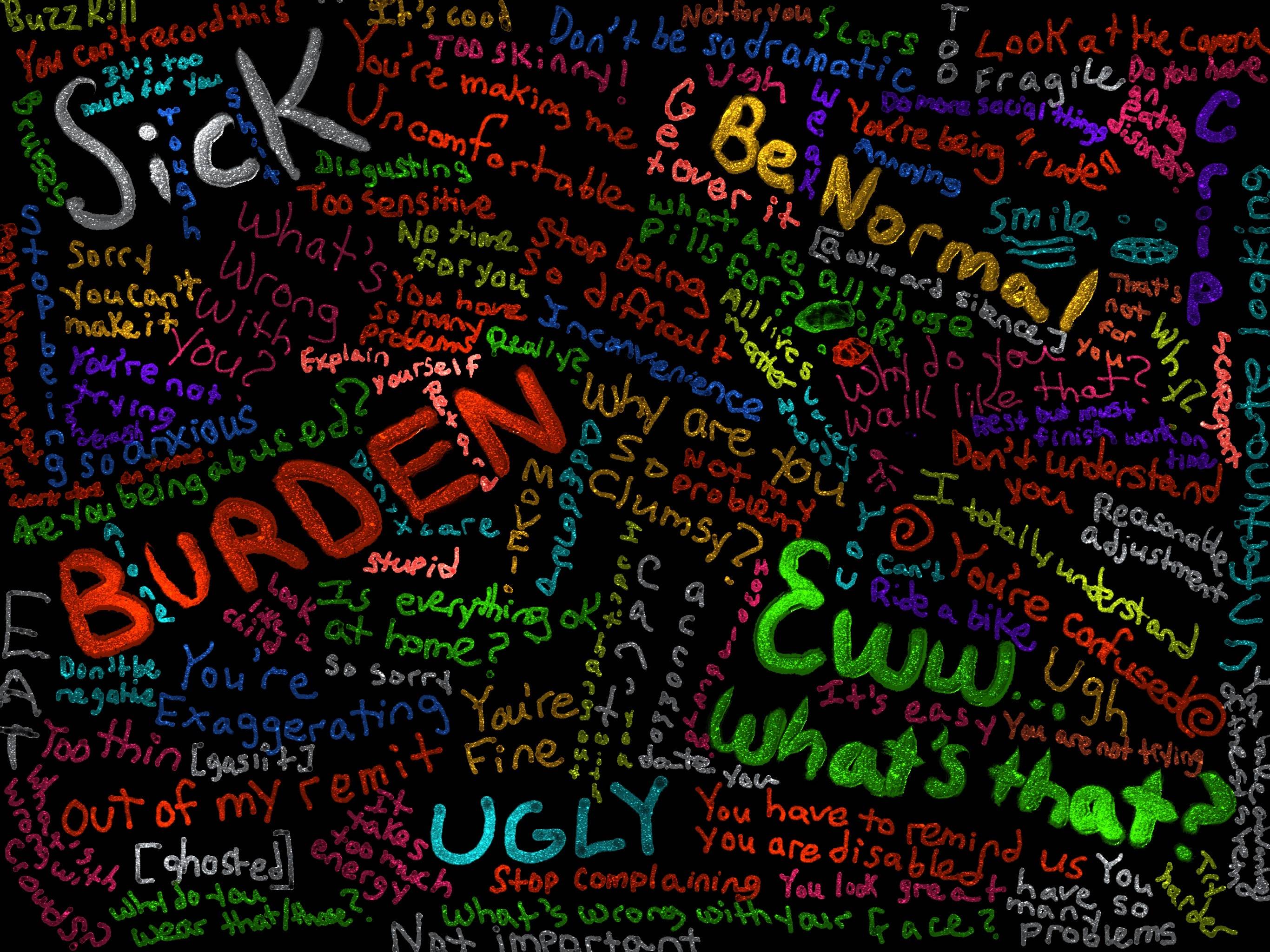- Bio
Diana Margot Rosenthal is a PhD candidate at the University College London Great Ormond Street Institute of Child Health. She is an interdisciplinary and mixed-methods researcher. Her current research explores the barriers and facilitators to optimal health and health services access for young children experiencing homelessness and living in temporary accommodation.
She received her MPA in international health policy and management at the NYU Robert F. Wagner Graduate School of Public Service and MSc in demography and health at the London School of Hygiene and Tropical Medicine. At the NYU Gallatin School of Individualized Study, she received her BA and studied the art of medicine and medicine of art, incorporating art history, photography, studio art, public health, sociology, and public policy. She has coordinated many international research projects with a focus on health inequalities, inequities, policy, health behaviour, health promotion, shared-decision making, patient-provider interactions and chronic conditions. Her research interests include art therapy, child health, citizen science, co-production, environmental health, and inclusion health. She uses mixed media and works collaboratively across disciplines including the creative arts and public engagement as a form of translational research, which she hopes improves health outcomes.
- Description of Work
These paintings are reflection of my struggles with the visible and non-visible aspects of my disabilities and chronic health conditions. I wasn’t correctly diagnosed with an autoimmune disease until my mid-20s. Although I advocated for myself and reported my symptoms throughout my life, the dots were never connected by health providers especially when I had five other parallel chronic health conditions. From my personal experience, providers tend to treat the symptom (e.g., a sprained ankle, abdominal pain, allergic reaction, etc.) but not the root or cause of the problem. During the COVID-19 pandemic, I was forced to shield under the “clinically extremely vulnerable” group because I’m immunosuppressed. I lost my freedom and access to routine medical care. My body took a major hit during this time and exacerbated my symptoms like I had never seen before. I started bruising even more from something as simple as crossing my legs or arms. I exhibited continuous mottling of my skin, which previously only occurred at certain times of the year. More recently, I was told that I have another rare disease for which I am still undergoing genetic testing.
Despite my successes on paper, the road to get there was not easy nor linear on a mental and physical level. I experienced austere bureaucracy and various forms of prejudice and discrimination for my disabilities. Throughout my life, I hid my scars and bruises because of all the insensitive comments that were being made. I decided to write out of these comments as a cathartic exercise and reflection of how we define and perceive disability in 2022. Many of these comments are recent from the past few years since I started my PhD. Even though I work in “inclusion health” and sit on an Equality, Diversity and Inclusion Committee, the voice of a person with disabilities is silenced in academia. I can’t do much with my hands these days, but painting for even ten minutes a day has been therapeutic and key to my perseverance and mindfulness. These paintings are my way of raising awareness and I hope people can relate to them whether or not they consider themselves disabled and/or chronically ill.
Titles of Paintings:
1. My Stripes in Different Lights
This piece is supposed an abstract representation of the many different colours of my skin. In some lights and/or environments, my skin can be a spectrum of colours and pigments with various shapes and textures.

2. Mottling
This is part of series I’m doing which involves colour blending and abstract shapes to represent my scars, bruises and mottling of my skin which appears and fades depending where it is on my body.

3. Show Your Stripes
This piece is in honour of EDS awareness month using zebra stripes and recognises that all individuals with EDS are unique. The colour gradient reflects the way my skin changes.

4 & 5. Daily Struggles/Words I Face
Both pieces are a bit more literal. These are comments, questions, excuses, demands, and slurs, which leave little room for misinterpretation as they were quite direct as I experienced them. I did the colour piece first, but then I decided to do a B&W piece to reflect how many of these words were actually quite B&W on paper, text, email and in the new visual reality that has emerged from the pandemic.


Copyright @Diana Margot Rosenthal
 Close
Close

